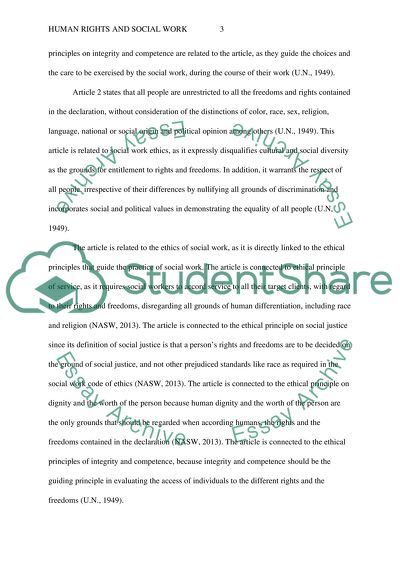Cite this document
(“The Connection between Human Rights and Social Work Research Paper”, n.d.)
The Connection between Human Rights and Social Work Research Paper. Retrieved from https://studentshare.org/sociology/1474647-the-connection-between-human-rights-and-social
The Connection between Human Rights and Social Work Research Paper. Retrieved from https://studentshare.org/sociology/1474647-the-connection-between-human-rights-and-social
(The Connection Between Human Rights and Social Work Research Paper)
The Connection Between Human Rights and Social Work Research Paper. https://studentshare.org/sociology/1474647-the-connection-between-human-rights-and-social.
The Connection Between Human Rights and Social Work Research Paper. https://studentshare.org/sociology/1474647-the-connection-between-human-rights-and-social.
“The Connection Between Human Rights and Social Work Research Paper”, n.d. https://studentshare.org/sociology/1474647-the-connection-between-human-rights-and-social.


